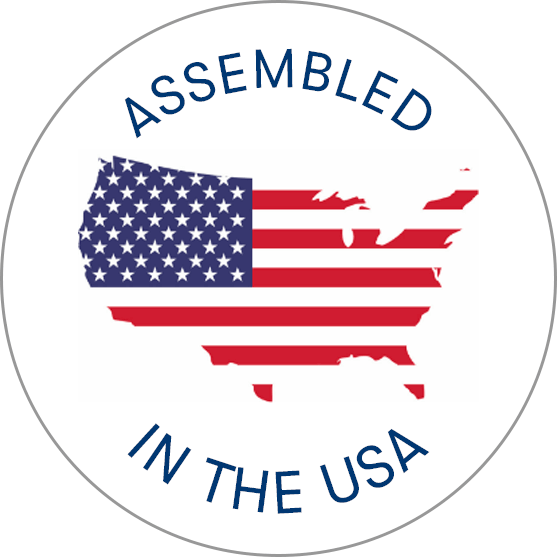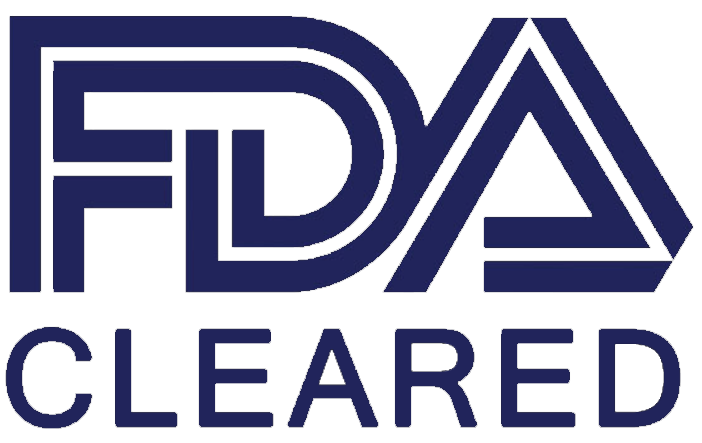Continuous Positive Airway Pressure (CPAP) therapy has long been considered the gold standard for treating sleep apnea and other respiratory conditions. However, CPAP may not be suitable for everyone due to various reasons, including discomfort, difficulty adjusting, or intolerance. Fortunately, there are various CPAP Alternative options available that offer effective and comfortable treatment to this condition. This onsite blog will highlight the CPAP alternatives and their benefits.
Understanding CPAP Alternatives
CPAP alternative options refer to various therapies or devices that can effectively treat sleep apnea and other respiratory conditions without relying on continuous positive airway pressure. These alternatives aim to improve airflow, maintain airway patency, and enhance breathing during sleep.
• Bongo Therapy
Bongo therapy is a non-invasive alternative to CPAP that provides gentle airway support during sleep. It involves the use of a small, lightweight oral device that is custom-fitted to the individual’s mouth. The Bongo alternative device is designed to advance the lower jaw slightly, which helps open the airway and prevent collapse or obstruction.
• Provent Therapy
Provent therapy is a non-invasive alternative to CPAP that utilizes small nasal devices. These devices have tiny valves that create resistance during exhalation, keeping the airway open and reducing the occurrence of apnea events. It is discreet, portable, and does not require external power sources, making it a convenient option for travel and everyday use.
Provent therapy is a non-invasive alternative to CPAP that utilizes small nasal devices. These devices have tiny valves that create resistance during exhalation, keeping the airway open and reducing the occurrence of apnea events. It is discreet, portable, and does not require external power sources, making it a convenient option for travel and everyday use.
• Positional Therapy
For individuals whose sleep apnea is primarily positional, positional therapy can be a viable alternative. This approach involves maintaining a specific sleeping position that prevents the collapse of the airway. Techniques such as using positional pillows or wearing specialized devices that discourage back sleeping can help keep the airway open and reduce apnea events.
• Lifestyle Modifications
In some cases, lifestyle modifications can complement or serve as alternatives to CPAP therapy. These modifications may include weight loss, regular exercise, avoiding alcohol and sedatives before bedtime, and improving sleep hygiene. While lifestyle changes may not completely eliminate the need for therapy, they can contribute to reducing the severity of sleep apnea and improving overall sleep quality.
• Surgery
In certain situations, surgical interventions may be considered as a last resort for individuals who are unable to tolerate or benefit from other CPAP alternatives. Surgical options aim to correct structural abnormalities or remove obstructions that contribute to sleep apnea. It’s important to note that surgical procedures carry risks and should be thoroughly discussed with a qualified healthcare professional.
Seek professional guidance while choosing the Right CPAP Alternative
Determining the most suitable CPAP Alternative depends on various factors, including the severity of sleep apnea, individual preferences, and underlying health conditions. Hence, before considering any CPAP alternative, it is essential to consult with a healthcare professional or sleep specialist. They can evaluate your condition, provide a comprehensive diagnosis, and recommend the most suitable therapy options for your specific needs. If you are considering a Bongo alternative your healthcare provider will guide you through the process of obtaining this custom-fitted device and ensure its proper usage for optimal results.




